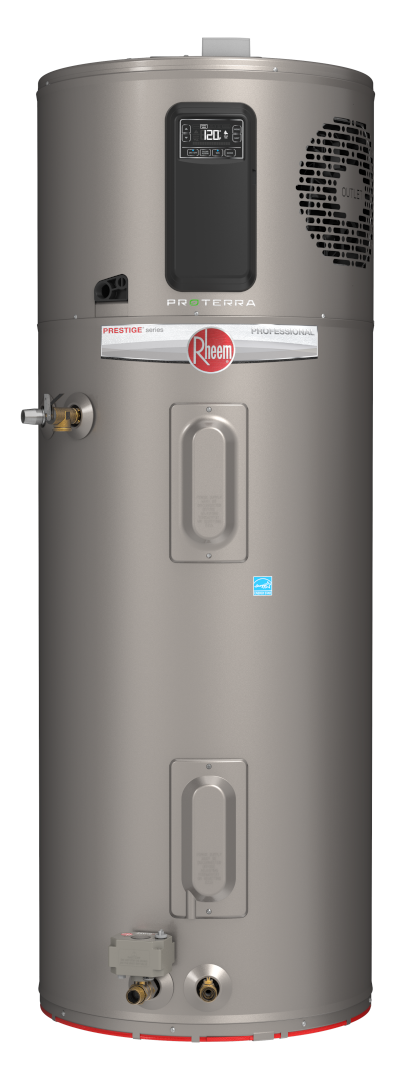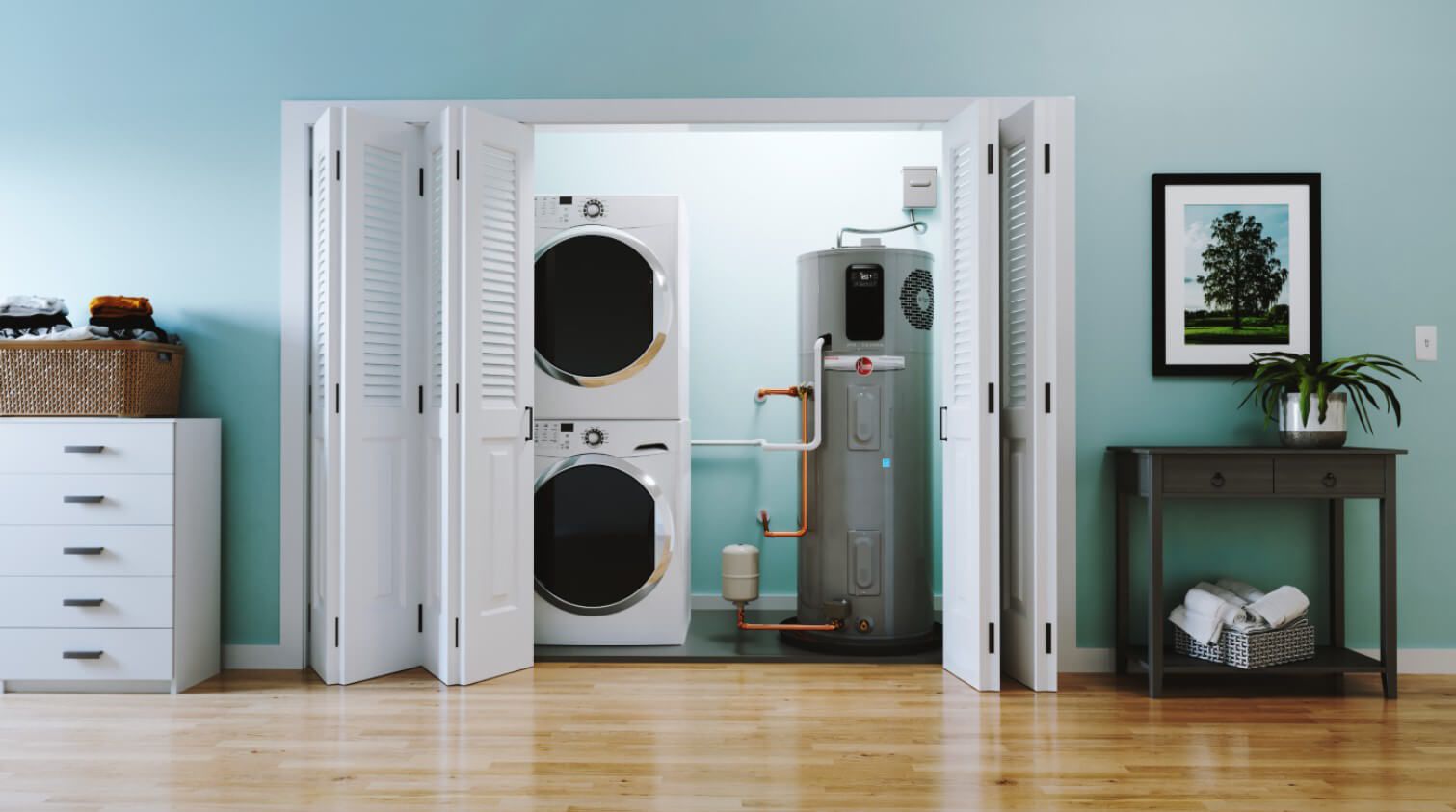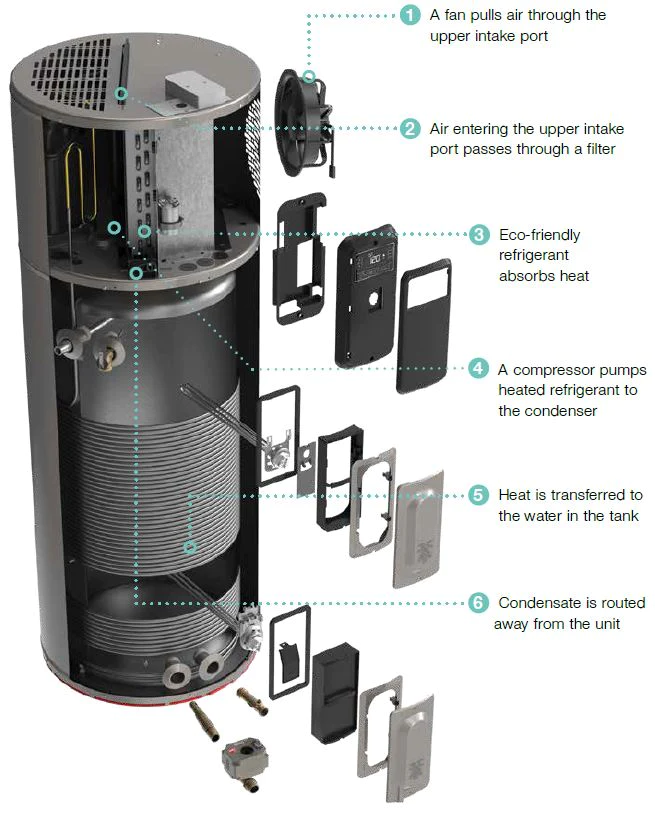
Embracing Efficiency: The Case for Hybrid Water Heaters
Embracing Efficiency: The Case for Hybrid Water Heaters
In the realm of home appliances, advancements in technology have led to more efficient and environmentally friendly options. One such innovation gaining popularity is the hybrid water heater. As we navigate an era marked by sustainability concerns and increased energy efficiency, there's no better time than now to consider making the switch to a hybrid water heater. In this article, we'll explore the reasons why now is an opportune moment to embrace this modern solution.

1. Energy Efficiency for Cost Savings
Hybrid water heaters combine the best of both worlds by integrating heat pump technology with traditional heating elements. This synergy results in a significantly more energy-efficient system compared to conventional water heaters. By drawing heat from the air or ground, hybrid heaters can produce hot water at a fraction of the cost, translating into substantial savings on your energy bills over time.
Use our Heating Cost Calculator and See How A Hybrid Water Heater Could Save You $$ Thousands of Dollars $$
2. Environmental Responsibility
As the world becomes increasingly aware of the environmental impact of our daily choices, opting for a hybrid water heater aligns with the growing emphasis on sustainability. These units generate hot water with reduced energy consumption, contributing to lower greenhouse gas emissions. By choosing a hybrid system, you're not only saving money but also making a positive ecological impact.
3. Government Incentives and Rebates
Governments worldwide are encouraging the adoption of energy-efficient technologies. Many jurisdictions offer incentives and rebates to homeowners who invest in hybrid water heaters. These financial benefits can significantly offset the initial cost of purchasing and installing a hybrid system, making it an even more attractive option.
Up to $1900 in Rebates are available through Efficiency Nova Scotia and the Federal Government.
4. Technological Advancements
Advancements in technology have led to improvements in the performance and durability of hybrid water heaters. Modern units are designed to be quieter, more compact, and longer-lasting than their predecessors. With features such as smart controls and connectivity options, users can easily monitor and optimize their water heating systems for maximum efficiency.

5. Flexibility in Installation
Hybrid water heaters are versatile when it comes to installation. They can be retrofitted into existing homes or seamlessly integrated into new construction projects. The flexibility in installation makes it a viable option for homeowners looking to upgrade their water heating system without major renovations.
6. Climate Considerations
The efficiency of heat pump technology, a key component in hybrid water heaters, is particularly advantageous in moderate climates. Unlike traditional heaters that may struggle in extreme conditions, hybrid systems thrive in environments with relatively stable temperatures. This adaptability ensures consistent performance year-round, regardless of external weather variations.
Humidity Control
Hybrid water heaters function similarly to that of an air conditioner or dehumidifier. So when installed in the high humidity climate on Cape Breton Island they can help reduce the need for additional de-humidification or cooling equipment.
Conclusion
In conclusion, the hybrid water heater emerges as a compelling choice for homeowners seeking an energy-efficient, environmentally friendly, and cost-effective solution for their hot water needs. With a combination of government incentives, technological advancements, and a growing awareness of environmental responsibility, now is undoubtedly an opportune time to make the switch to a hybrid water heating system. Embrace efficiency, save on costs, and contribute to a greener future by investing in this innovative technology today.